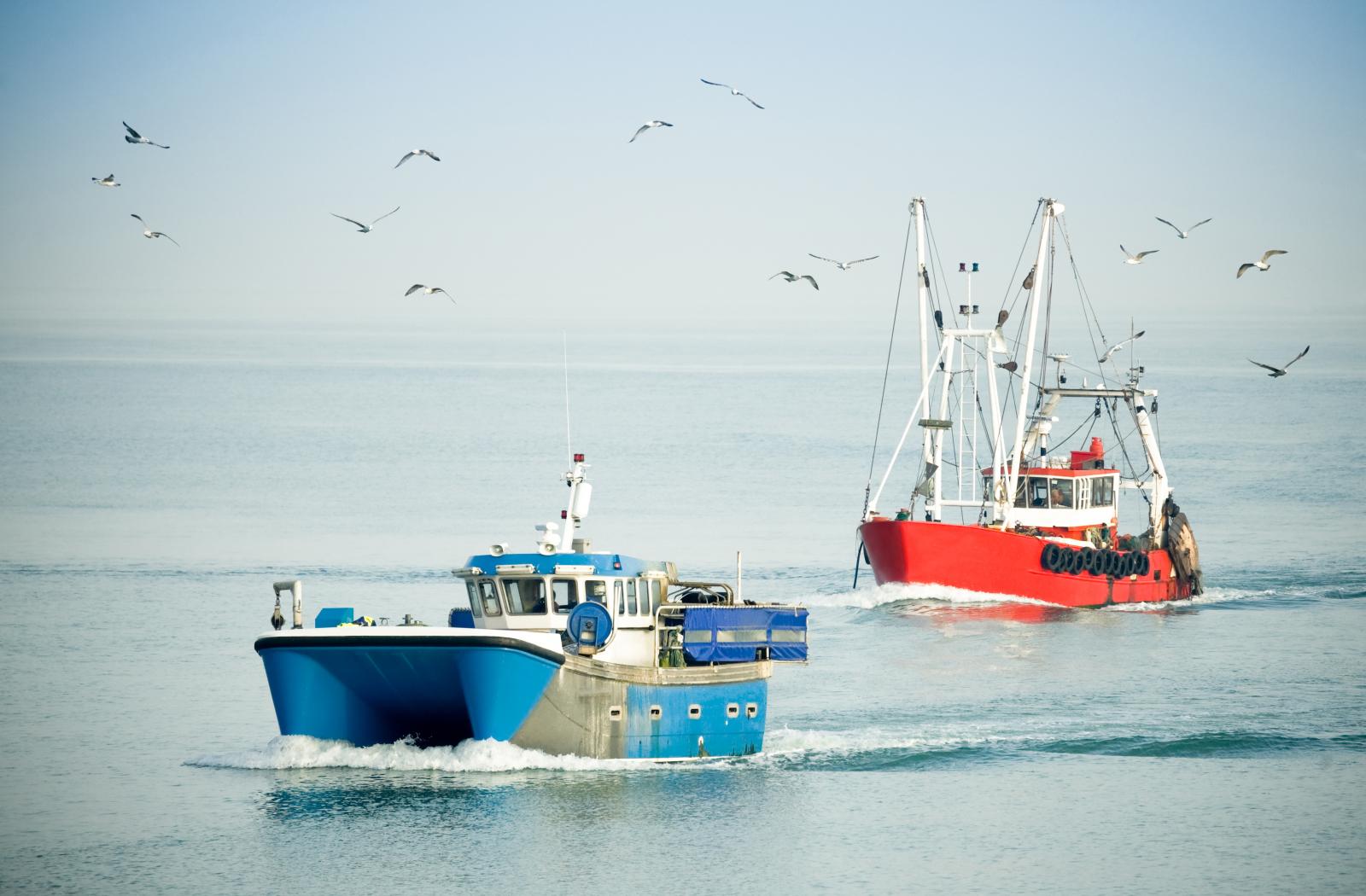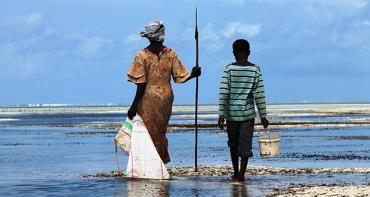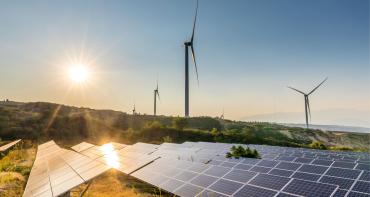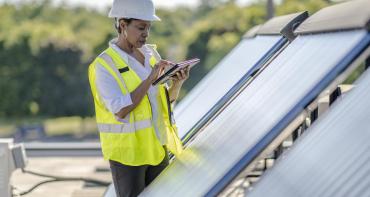Targeted assessments carried out in Trinidad and Tobago as well as Antigua and Barbuda show that these countries are well prepared to pursue the development of sustainable blue economies, while also facing a range of untapped opportunities and challenges.

This project, carried out by the Commonwealth Secretariat last year in partnership with the United Nations Environment Program (UNEP), Howell Marine Consulting and the University of Portsmouth, assessed the readiness of each government to shift to a sustainable blue economy.
In making this transition, countries can draw on ocean resources for economic development, while also effectively protecting the marine environment.
Rapid readiness assessments
A new ‘Rapid Readiness Assessment’ (RRA) method was trialled based on UNEP’s Sustainable Blue Economy Transition Framework. The RRA provides governments with a focussed snapshot of where to go next, informed by desk-based analysis, in-country stakeholder workshops and interviews.
Lead Adviser for the Commonwealth Blue Charter programme at the Commonwealth Secretariat, Dr Jeff Ardron said:
“The Rapid Readiness Assessment provides a clear picture of a country’s existing policies, legal frameworks, systems and political landscape and how these would facilitate a sustainable blue economy transition. They also identify the gaps and outline recommendations for next steps, including the types of resources required.”
UNEP’s Head of Marine and Freshwater, Leticia Carvalho, commented:
“The utility of the Sustainable Blue Economy Transition Framework, and the available assessments, will go a long way in helping countries to take the first steps towards a whole-of-government and whole-of-society approach to mainstreaming biodiversity into comprehensive ocean and coastal policy as a prerequisite for sustainable, resilient and equitable blue economies.
“This framework can support countries to practically address the critical importance of marine and coastal biodiversity in the implementation of the post-2020 global biodiversity framework.”
Trinidad and Tobago ready to advance transition
For example, Trinidad and Tobago’s ocean-based economy is shaped mainly by its oil and gas sector, in addition to tourism and fisheries. The RRA highlighted the need for faster progress in delivering more integrated, cross-sector ocean policies and legislation, in addition to high-level commitment to channel resources.
However, there is a clear understanding within government and among stakeholders of the challenges and opportunities for a sustainable blue economy transition, as well as strong and capable institutions that are ready to act.
Recommendations outlined by the RRA included developing a shared vision for enhanced whole-of-government inter-ministerial coordination and the gradual phasing out of fossil fuels as a key element of the blue economy.
Dr Rahanna Juman, of the Institute of Marine Affairs, Trinidad and Tobago, said:
“I am pleased that the findings of the Rapid Readiness Assessment suggest that Trinidad and Tobago is well placed to advance its own transition to a sustainable blue economy. Given the complexity of the process, it is encouraging to know that it is very feasible to overcome the challenges identified, through solutions such as marine spatial planning, centralised data management, and research and innovation in key sectors.”
Antigua and Barbuda to build on progress already made
In Antigua and Barbuda, the government has begun the transition, recognising the benefits of a sustainable blue economy for economic and climate resilience. Existing political support has led to the development of the draft National Ocean Policy, which is currently pending revision and endorsement by the Cabinet.
The RRA found that while the country’s legislative and policy environment is robust, a shared understanding is needed among all stakeholders of what a sustainable blue economy means in order to support collaborative approaches. Marine spatial planning was recommended, as well as enhanced coordination between various bodies and government agencies.
Ann-Louise Hill, from Antigua and Barbuda’s Department of Blue Economy, noted:
“Fully transitioning to a sustainable blue economy is not straightforward, but as the Rapid Readiness Assessment demonstrates, it is worth the effort. Antigua and Barbuda must forge its own path, informed by the most effective practices and best available knowledge, while also accounting for the country’s unique history, culture and circumstances. The people of Antigua and Barbuda must be informed and engaged at every of the way.”
Establishing a unique blue transition pathway
The Rapid Readiness Assessments provide a high-level snapshot of a country’s existing ocean-based economy landscape and opportunities, with a view to establishing a unique blue transition pathway.
Dr Lucy Greenhill of Howell Marine Consulting summarised:
“The RRA trial achieved good results and was shown to be useful in very different contexts. The emphasis on well-facilitated dialogue between stakeholders helped build a shared understanding of the transition journey and practical next steps in each country. It will be interesting to revisit the process in the Caribbean to ensure that momentum is sustained.”
UNEP Programme Management Officer and lead for UNEP’s SBE work, Ole Vestergaard said:
“We have been working with countries for several years to provide guidance in the transition to sustainable blue economies. The RRA is a valuable new tool which will speed up the process and make the next steps and roadmap clearer.”
Webinar
A webinar to discuss the findings from the pilot projects carried out in Antigua and Barbuda and Trinidad and Tobago will be held on Thursday, 23 March 2023, 14:00 – 15:30 GMT.
Country reports
Media contact
- Josephine Latu-Sanft Senior Communications Officer, Communications Division, Commonwealth Secretariat
- +44 20 7747 6476 | E-mail



